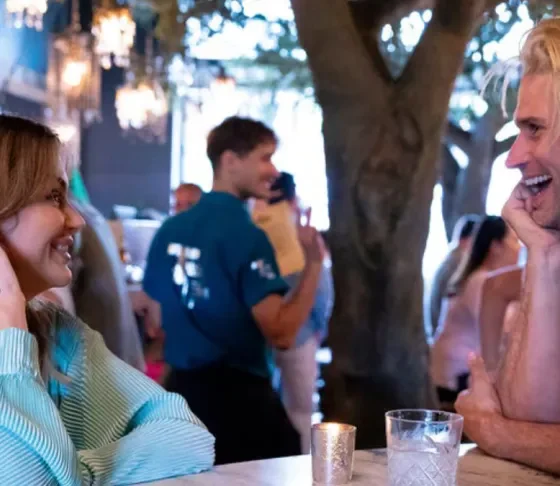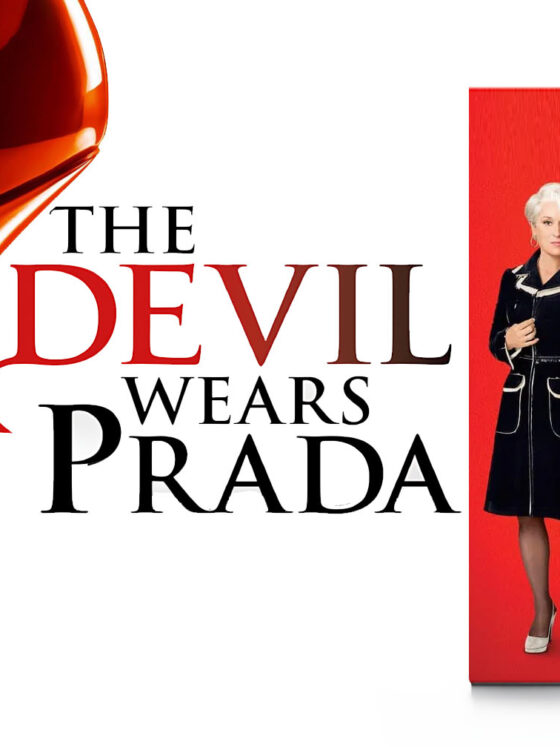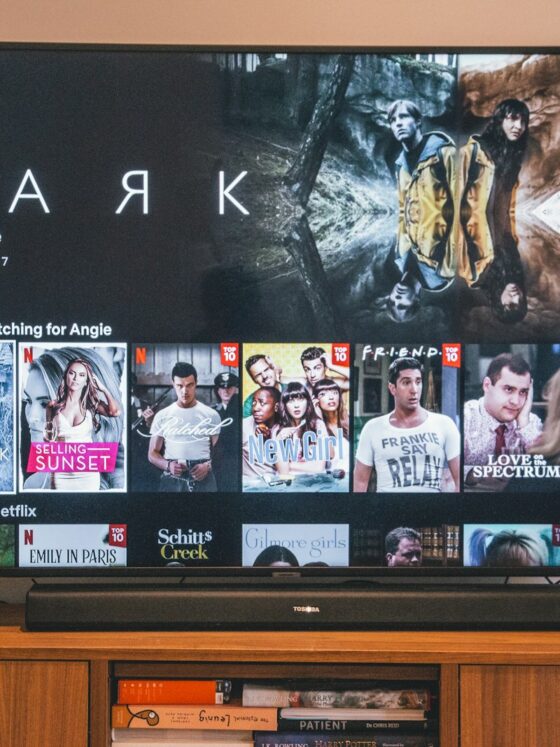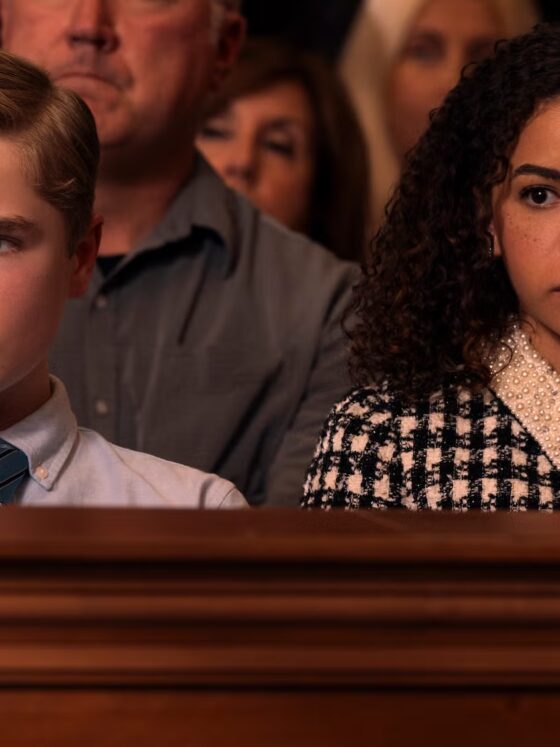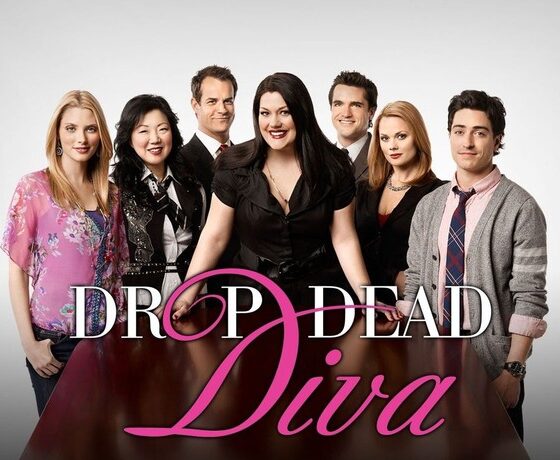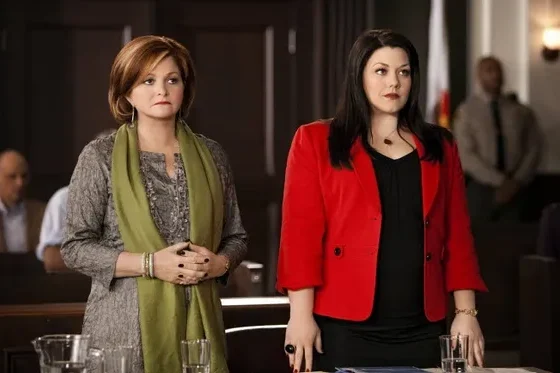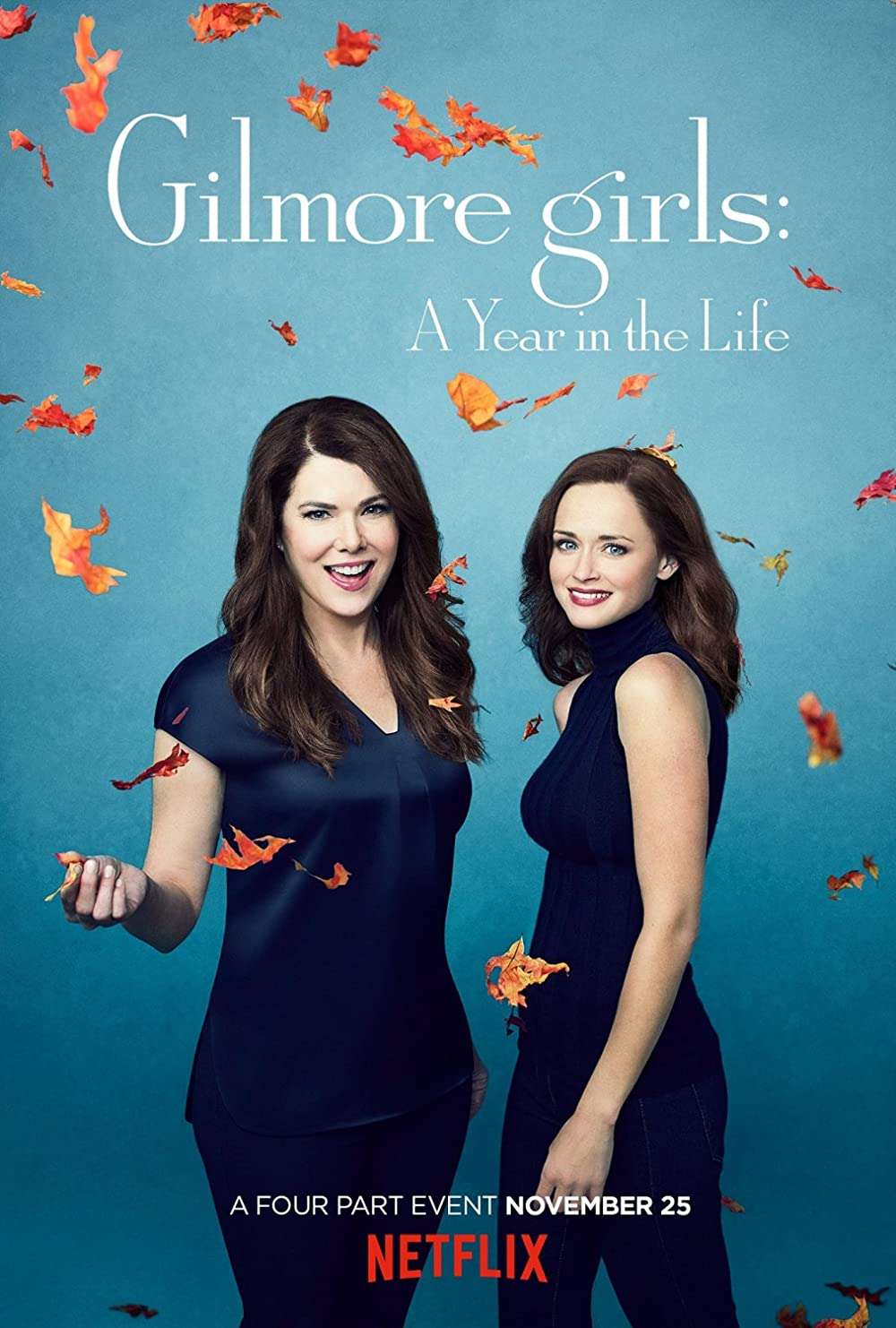Victim/Suspect offers something far more impactful—and far more disturbing—in a saturated streaming world filled with true crime shockers and sensationalised serial killer spotlights. Directed by Nancy Schwartzman, this Netflix original documentary pulls back the curtain on a justice system that too often silences survivors rather than supporting them.
At the centre of the film is Rachel de Leon, a young investigative reporter at The Centre for Investigative Reporting, who embarks on a multi-year journey uncovering a distressing pattern: sexual assault survivors who, after reporting their trauma to police, find themselves arrested and charged with filing false reports.
A Chilling Opening That Sets the Tone
The film opens with a quiet but loaded scene—three women seated at a table. Their expressions say everything. The woman in the centre looks to her left, where another stares down, her body language signalling a haunting mix of resignation and defeat. It’s a subtle yet powerful moment that encapsulates the emotional weight of what’s to come.
What could’ve easily been another formulaic true crime documentary quickly pivots into something more powerful. While the opening includes familiar stylistic elements—archival footage, voiceovers, dramatic cuts—Victim/Suspect refuses to indulge in drama for drama’s sake. Instead, it puts the focus squarely on the systemic injustice facing a very specific group of survivors.

Journalism That Drives the Narrative
Unlike many documentaries that centre on the trauma of victims, Victim/Suspect gives equal focus to the journalist herself. De Leon’s pursuit of the truth is steady, meticulous, and often emotionally gruelling. Rather than relying solely on archival interviews or past case studies, the film shows the investigation unfolding in real time.
This narrative choice adds urgency and credibility. As de Leon digs deeper, what starts as a few isolated cases begins to reveal a disturbing national pattern—a pattern where police departments, rather than investigating sexual assault claims, intimidate and coerce victims into recanting their statements. In some cases, these survivors are jailed, fined, and publicly shamed.
RELATED: ‘The Tinder Swindler’ and the Rise of True Crime Dating Docs
Survivors Silenced, Systems Exposed
Director Nancy Schwartzman wisely narrows the lens to a few of de Leon’s subjects, giving them space to share their stories. Some are speaking out for the very first time. What emerges is not just a series of isolated injustices but a broader indictment of how law enforcement handles sexual assault cases.
Rather than simply being mishandled, these cases are actively diverted into false-reporting investigations—a process that one former detective admits is “easier” for police to manage than pursuing rape allegations.
This shift in focus—from victim to suspect—creates a chilling ripple effect. Survivors who seek justice are retraumatized, their credibility is questioned, and in some cases, their lives are derailed entirely.
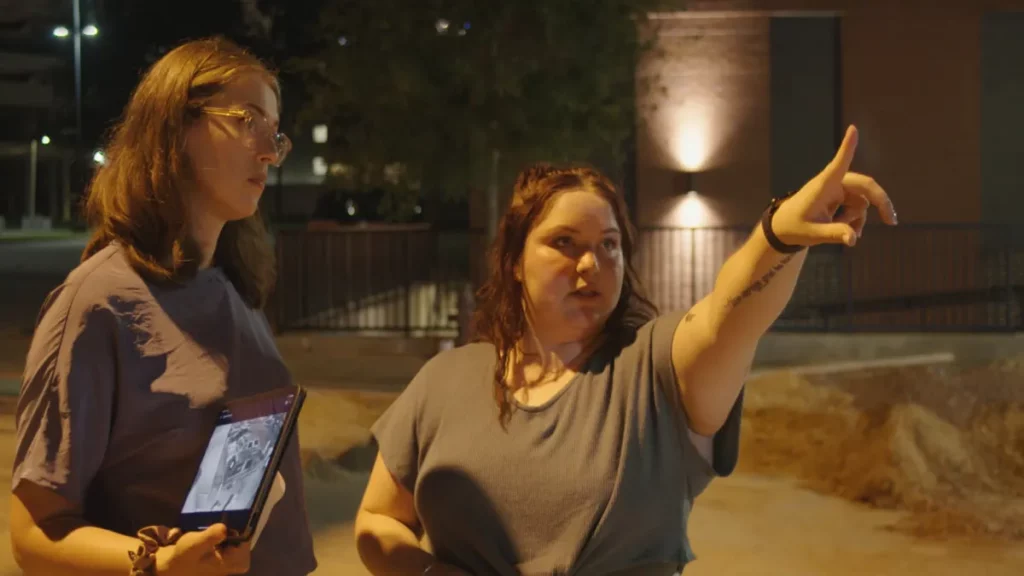
A Missing Voice: Law Enforcement
If there’s one noticeable gap in the documentary, it’s the lack of direct input from the police involved in these cases. Many departments declined to be interviewed, and while their absence might be considered a flaw, it ultimately serves the film’s point: silence is part of the problem.
The one former detective who does agree to speak provides critical insight into the culture within some police departments—where scepticism towards survivors is deeply ingrained, and cutting corners is disturbingly normalised.
This refusal to engage further underscores the systemic nature of the issue—one that prioritises procedural ease over survivor protection.
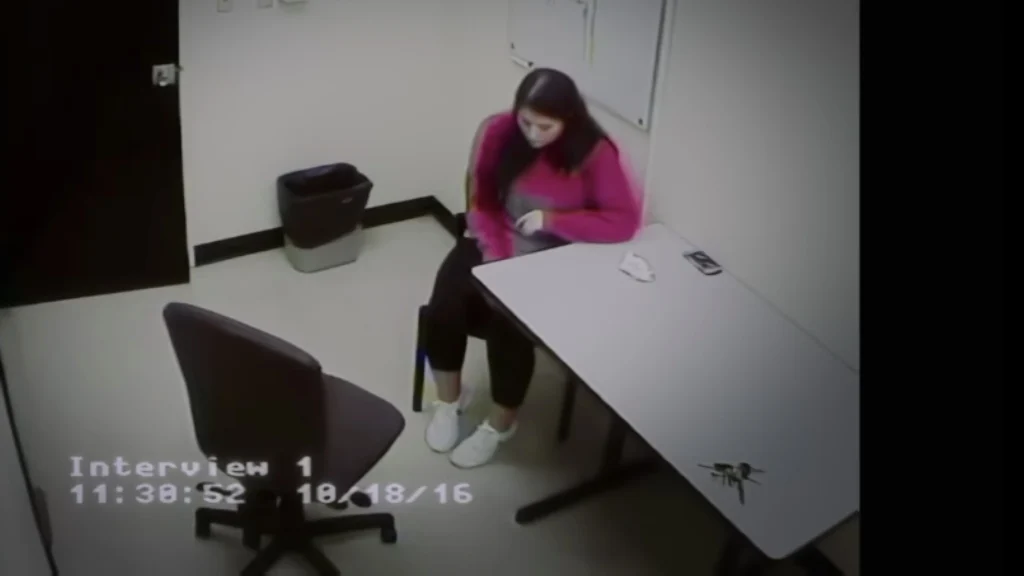
Unflinching But Respectful
The documentary doesn’t shy away from showing distressing moments, including footage of women being interrogated and emotionally manipulated in police interview rooms. But Schwartzman’s direction ensures that these scenes are never exploitative. They’re purposeful, enraging, and utterly necessary.
The victim/suspect treads a careful path, highlighting serious injustices without re-victimizing the individuals involved. It’s a powerful example of ethical storytelling in a genre that too often relies on voyeurism.
SEE ALSO: ‘Athlete A’: When Investigative Journalism Confronts Abuse in Sports
A Must-Watch for the True Crime Generation
Clocking in at just 90 minutes, Victim/Suspect is a lean, urgent piece of documentary filmmaking that demands attention. For viewers who are used to the Netflix churn of serial killers and twist endings, this film offers something more valuable: a call to action.

It reminds us that the biggest villains aren’t always found in the shadows—but sometimes, sitting behind desks with badges.
Where to Watch and Resources for Survivors
Victim/Suspect is now streaming on Netflix and is rated R for its intense subject matter.
If you or someone you know is a survivor of sexual assault and needs support, please consider reaching out to the following trusted organisations:
- RAINN (Rape, Abuse & Incest National Network)
- NSVRC (National Sexual Violence Resource Center)
- Joyful Heart Foundation
- MaleSurvivor
Final Verdict
Victim/Suspect isn’t just another documentary—it’s a necessary piece of storytelling that exposes a devastating failure in our justice system. With Rachel de Leon’s relentless reporting and Nancy Schwartzman’s sensitive yet forceful direction, the film sheds light on a pattern that should never have existed in the first place.
If you’re ready to challenge what you think you know about justice—and you’re prepared to be enraged for the right reasons—Victim/Suspect is essential viewing.
More Powerful Docs You’ll Want to Watch Next:




